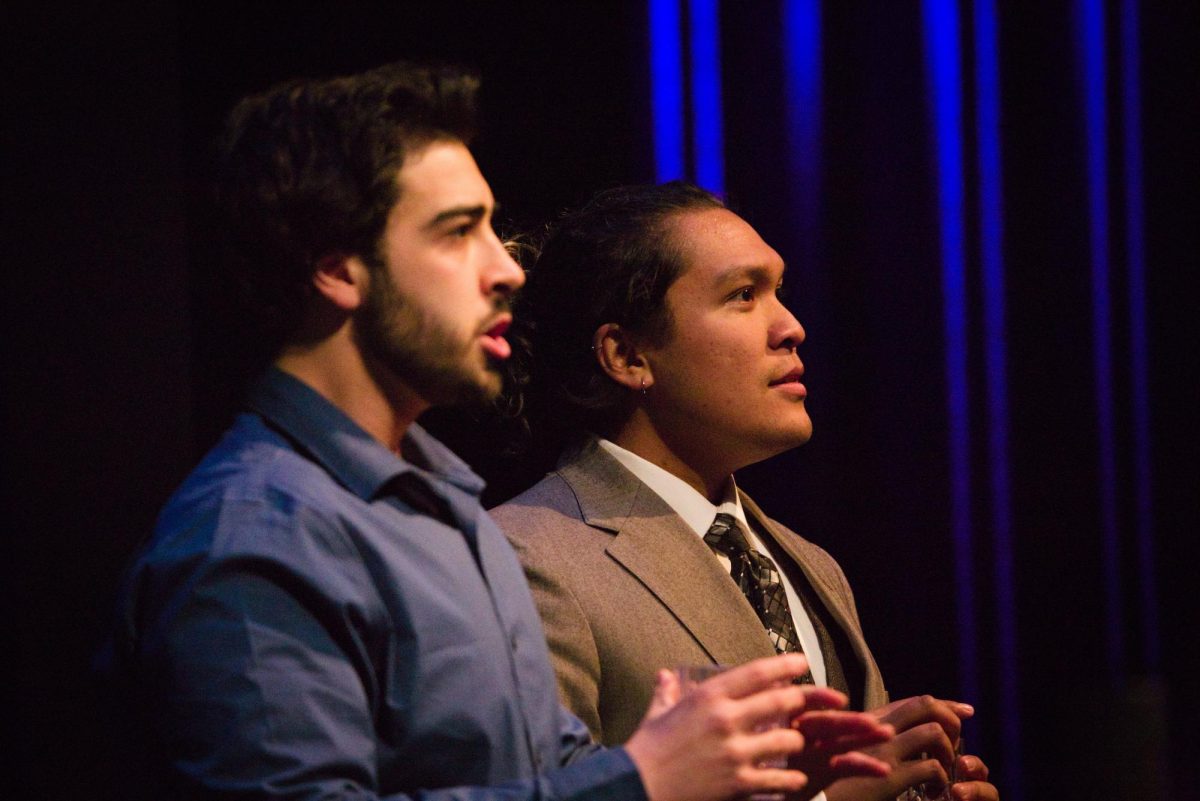By ALYSSA FOLAND, staff reporter
A recent study has revealed many college students will refrain from eating so they can drink alcohol and avoid gaining weight. Known as Drunkorexia, this behavior has increased among college students across the nation.
Social media has become a huge part of life for young adults. Sites like Facebook, Instagram, Twitter and others have fostered a pro-eating disorder environment, which encourages individuals to seek out unhealthy alternatives for weight loss.
The common age range of students affected by Drunkorexia is 18 to 24 years old.
Neeru Bakshi, a psychologist who specializes in eating disorders, believes pro-eating disorder content has become much more accessible because of social media.
“I think this generation of college students is so much more connected with social networking than any other generation has been in the past, and there’s so many different outlets for it,” Bakshi said.
Bakshi said websites that were called “pro-ana” (pro anorexia) or “pro-mia” (pro bulimia) came to the public’s attention, and have now adopted terms like the “thigh-gap” and “thinspiration.” She said the way the message is presented is different, but is still as damaging as it was previously.
Jeffrey M. Penick, an associate psychology professor at Central Washington University, said the only way to really avoid what the media says is to control what is seen. It is up to the individual to decide what to take in.
“I think one way or the other, when you start to see various sites in support of controlled eating, extreme eating — even just focus on body and weight — you’re talking about social norms,” Penick said. “And so it normalizes that way of thinking. And what we’re talking about is it’s normalizing dissatisfaction with yourself.”
Alex Manenica, senior public relations major, understands the thought behind this trend.
“I understand that people don’t want to get fat, so they save their calories for going out, because alcohol has a lot of calories in it,” Manenica said. “Not like I think it’s good, but I can see their perspective if they’re worried about gaining weight.”
Freshman elementary education major Kirby Van Patten also discussed why people might take part in Drunkorexia.
“In college I know it’s hard to get alcohol for especially, like, kids who are under age,” Patten said. “I think they do that because they want to make the most of it, but I don’t think they realize how dangerous it is and how damaging it is to their body.”
Siding Ye, junior film and video studies major, finds the topic distasteful. She said she doesn’t have friends who would take part in it.
“The whole concept is just stupid to me,” Ye said. “And I think people who do that are irresponsible and probably don’t care about their academic life and don’t take care of themselves.”
Drunkorexia is not considered an eating disorder. According to Bakshi, eating disorders are already well-defined, and Drunkorexia doesn’t fit the criteria. This year, the definition of eating disorders will be made broader, but Bakshi doesn’t think Drunkorexia will be added to the list.
“The more that we talk about it the more likely somebody is going to actually get the help that they need, “Bakshi said.




